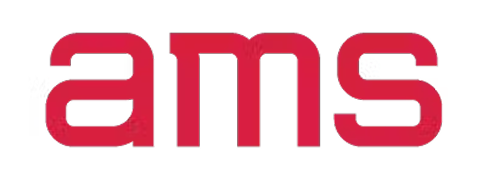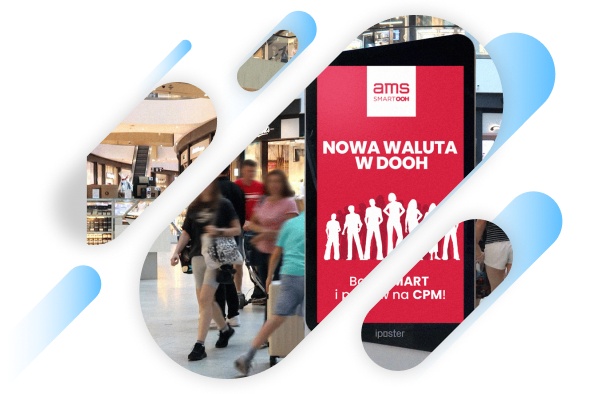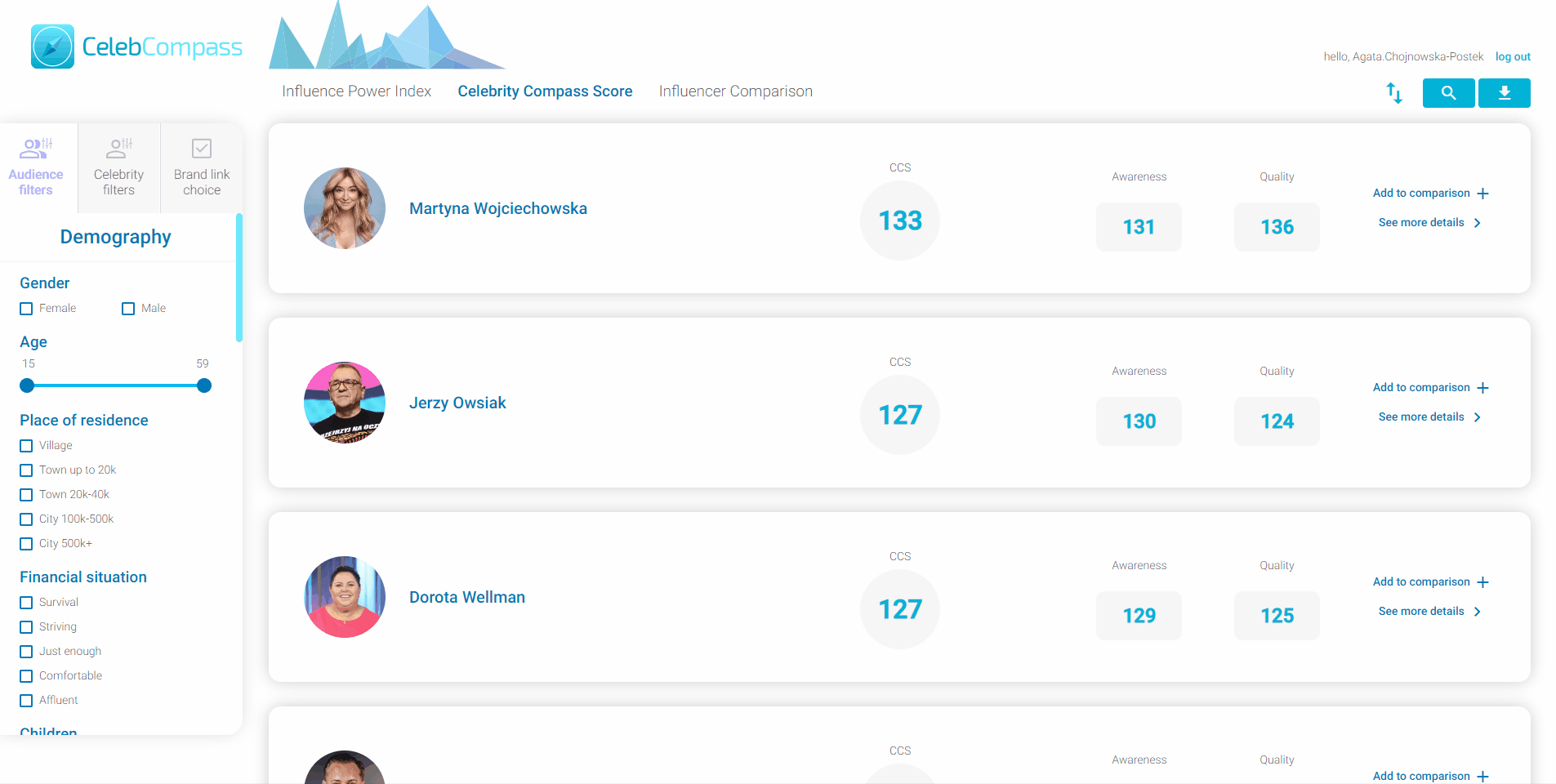Data App Development Services
We support the creation of lightning-fast calculations and simulations of business scenarios
that take only seconds.

We empower leaders:










Transform your Excel simulation into an intelligent cloud application
Gain full access to micro and macro data. Use it to make faster and more effective decisions.

Consistent data across the organization
Data Apps not only integrate data from different silos but also process it using advanced functions, such as scenario simulations. This provides valuable results and returns them to source systems, saving time and reducing operational costs.

More capabilities than BI offers
In Data Apps, not only do data presentation and interactivity surpass the capabilities of Business Intelligence, but they also offer an interface enabling manual selection and data overwriting, going beyond the standard capabilities of BI.

Tailored to your needs
We fully customize the functionalities of our applications, such as data visualizations, calculators, and user management, to meet client requirements, creating efficient and intuitive solutions.

Testing business scenarios
A dedicated data management application allows validating strategies before implementation, determining what conditions need to be met to achieve a specified result based on the data.

Faster and more accurate decisions
Detailed data visualizations combined with calculations and the ability to test various business scenarios provide insightful conclusions essential for decision-making processes.

Full flexibility in data integration
The application supports various data formats and allows the addition of any new sources, providing full flexibility and up-to-date analysis of corporate digital assets.
Transform data into a competitive advantage
Let’s talkA dashboard, that includes any business scenario
A personalized application enables advanced data analytics and the creation of dedicated dashboards in a way that is not even possible in Business Intelligence tools.
Users can also leverage any data to build scenarios and thus gain insightful information needed for effective data-driven operations.
From Concept to Fully Functional Data App
We create personalized applications that support your decisions and improve your company’s efficiency
Knowledge and experience at every stage:
Discovering business and technological needs together
Analyze the client’s operational and technological requirements. Determine what functionalities the application must fulfill and what data it must fetch and processes to effectively achieve goals.
Designing the architecture
Design the architecture and select the optimal cloud components and technologies. Define what data from which systems will be fetched and processed, taking into account non-functional requirements such as security, scalability, and performance.
Finally, we integrate key UX/UI aspects to ensure intuitive and efficient usage.
Implementing the solution
Create the functional layer, design the user interface, and develop necessary dashboards and visualizations. We build data loading and modeling processes, and finally conduct comprehensive tests to ensure the solution’s reliability.
Incorporating client feedback and optimize the Data App
Based on user feedback, we make final adjustments to ensure maximum efficiency and full customization of the application to the client’s specific needs.

Rely on data that supports your business
Let’s talkClient Success Stories

We helped Celsium build a data warehouse that reduced costs by PLN 180,000 per year
We integrated data from meters, SCADA, billing, and weather systems into a single data warehouse on Google Cloud Platform. We created advanced ETL processes, data quality control mechanisms, and dashboards in Tableau to support daily analysis of heat production and consumption.
The result? Meter failures detected in one day (previously one month), operational data updated three times a day, and significant savings thanks to heat source optimization and better demand balancing.

We built a modern data warehouse in GCP for PŚO
We helped Polski Światłowód Otwarty design and implement a scalable Data Lake architecture on Google Cloud Platform. We integrated 13 data sources, created automated ELT processes, access security, and a data model that serves as a single source of truth within the organization.
The result? Independence in reporting, rapid integration of new systems, readiness for future needs, and cost savings by eliminating on-premise infrastructure.

We helped AMS leverage data from DOOH media and maintain its position as a leader in outdoor advertising
We built a modern data ecosystem for AMS, a leader in OOH and DOOH advertising. We combined data from media, internal systems, Proxi.cloud, and CitiesAI to create a unified data warehouse in BigQuery with near real-time analysis.
The result? Data-driven targeting, campaign automation, better results for customers, and a stronger market position thanks to programmatic buying based on actual reach.

We helped Tutlo automate data integration and build a modern real-time ETL
In collaboration with the Tutlo team, we designed and implemented a data integration architecture based on serverless Google Cloud components. The system enables data synchronization from dozens of sources—including CRM—with full monitoring, CI/CD automation, and readiness for further scalability.
The result? A stable and flexible data ecosystem, ready for process automation, ML projects, and dynamic development of the educational platform.

We helped FunCraft forecast ROI and optimize UA budgets in the mobile gaming industry
We implemented a comprehensive BI solution for an American game studio, integrating data from Adjust, stores, and advertising platforms into the BigQuery warehouse. We built advanced dashboards in Looker Studio and predictive ROI models that enable accurate budget decisions—even with a long return on investment cycle.
The result? The FunCraft marketing team works faster, more efficiently, and with full control over their data.
Discover the benefits of working with Alterdata
End-to-end implementation
From identifying needs to successful implementation and ensuring the optimal performance of the created application. We provide a comprehensive overview of corporate data and support working with it.
Wide tech stack
We use modern, efficient technologies and tailor them to tasks so that Data Apps meet the client’s goals. We create solutions that leverage the full potential of data within the organization.
Team of professionals
Our developers, engineers, and data analysts have knowledge and experience in implementations across various sectors. We select specialists for projects who understand industry requirements.
Application customization
Our data-driven application connects siloed data, intelligently filling gaps in business processes. It helps optimize operations, make better decisions, and improve operational efficiency.
Data security
We work within your environment and do not extract any data from it, ensuring its security. You decide which information we can access during our work.

Lightning-fast simulations
Our data-driven applications with serverless cloud technology reduce simulations from hours to seconds, which previously took hours in Excel. A usage-based cost model optimizes expenses by eliminating unnecessary infrastructure costs.
Choose the knowledge and experience of experts
Tech stack: the foundation of
our work
Discover the tools and technologies that power the solutions created by Alterdata.

Google Cloud Storage enables data storage in the cloud and provides high performance, offering flexible management of large datasets. It ensures easy data access and supports advanced analytics.

Azure Data Lake Storage is a service for storing and analyzing structured and unstructured data in the cloud, created by Microsoft. Data Lake Storage is scalable and supports various data formats.

Amazon S3 is a cloud service for securely storing data with virtually unlimited scalability. It is efficient, ensures consistency, and provides easy access to data.

Databricks is a cloud-based analytics platform that combines data engineering, data analysis, machine learning, and predictive models. It processes large datasets with high efficiency.

Microsoft Fabric is an integrated analytics environment that combines various tools such as Power BI, Data Factory, and Synapse. The platform supports the entire data lifecycle, including integration, processing, analysis, and visualization of results.

Google BigLake is a service that combines the features of both data warehouses and data lakes, making it easier to manage data in various formats and locations. It also allows processing large datasets without the need to move them between systems.

Google Cloud Dataflow is a data processing service based on Apache Beam. It supports distributed data processing in real-time and advanced analytics.

Azure Data Factory is a cloud-based data integration service that automates data flows and orchestrates processing tasks. It enables seamless integration of data from both cloud and on-premises sources for processing within a single environment.

Apache Kafka processes real-time data streams and supports the management of large volumes of data from various sources. It enables the analysis of events immediately after they occur.

Pub/Sub is used for messaging between applications, real-time data stream processing, analysis, and message queue creation. It integrates well with microservices and event-driven architectures (EDA).
Google Cloud Run supports containerized applications in a scalable and automated way, optimizing costs and resources. It allows flexible and efficient management of cloud applications, reducing the workload.

Azure Functions is another serverless solution that runs code in response to events, eliminating the need for server management. Its other advantages include the ability to automate processes and integrate various services.

AWS Lambda is an event-driven, serverless Function as a Service (FaaS) that enables automatic execution of code in response to events. It allows running applications without server infrastructure.

Azure App Service is a cloud platform used for running web and mobile applications. It offers automatic resource scaling and integration with DevOps tools (e.g., GitHub, Azure DevOps).

Snowflake is a platform that enables the storage, processing, and analysis of large datasets in the cloud. It is easily scalable, efficient, and ensures consistency as well as easy access to data.

Amazon Redshift is a cloud data warehouse that enables fast processing and analysis of large datasets. Redshift also offers the creation of complex analyses and real-time data reporting.
BigQuery is a scalable data analysis platform from Google Cloud. It enables fast processing of large datasets, analytics, and advanced reporting. It simplifies data access through integration with various data sources.

Azure Synapse Analytics is a platform that combines data warehousing, big data processing, and real-time analytics. It enables complex analyses on large volumes of data.

Data Build Tool simplifies data transformation and modeling directly in databases. It allows creating complex structures, automating processes, and managing data models in SQL.

Dataform is part of the Google Cloud Platform, automating data transformation in BigQuery using SQL query language. It supports serverless data stream orchestration and enables collaborative work with data.
Pandas is a data structure and analytical tool library in Python. It is useful for data manipulation and analysis. Pandas is used particularly in statistics and machine learning.

PySpark is an API for Apache Spark that allows processing large amounts of data in a distributed environment, in real-time. This tool is easy to use and versatile in its functionality.

Looker Studio is a tool used for exploring and advanced data visualization from various sources, in the form of clear reports, charts, and interactive dashboards. It facilitates data sharing and supports simultaneous collaboration among multiple users, without the need for coding.

Tableau, an application from Salesforce, is a versatile tool for data analysis and visualization, ideal for those seeking intuitive solutions. It is valued for its visualizations of spatial and geographical data, quick trend identification, and data analysis accuracy.

Power BI, Microsoft’s Business Intelligence platform, efficiently transforms large volumes of data into clear, interactive dashboards and accessible reports. It easily integrates with various data sources and monitors KPIs in real-time.

Looker is a cloud-based Business Intelligence and data analytics platform that enables data exploration, sharing, and visualization while supporting decision-making processes. Looker also leverages machine learning to automate processes and generate predictions.
Terraform is an open-source tool that allows for infrastructure management as code, as well as the automatic creation and updating of cloud resources. It supports efficient infrastructure control, minimizes the risk of errors, and ensures transparency and repeatability of processes.

GCP Workflows automates workflows in the cloud and simplifies the management of processes connecting Google Cloud services. This tool saves time by avoiding the duplication of tasks, improves work quality by eliminating errors, and enables efficient resource management.

Apache Airflow manages workflows, enabling scheduling, monitoring, and automation of ETL processes and other analytical tasks. It also provides access to the status of completed and ongoing tasks, as well as insights into their execution logs.
Rundeck is an open-source automation tool that enables scheduling, managing, and executing tasks on servers. It allows for quick response to events and supports the optimization of administrative tasks.

Python is a programming language, also used for machine learning, with libraries dedicated to machine learning (e.g., TensorFlow and scikit-learn). It is used for creating and testing machine learning models.

BigQuery ML allows the creation of machine learning models directly within Google’s data warehouse using only SQL. It provides a fast time-to-market, is cost-effective, and enables rapid iterative work.

R is a programming language primarily used for statistical calculations, data analysis, and visualization, but it also has modules for training and testing machine learning models. It enables rapid prototyping and deployment of machine learning.

Vertex AI is used for deploying, testing, and managing machine learning models. It also includes pre-built models prepared and trained by Google, such as Gemini. Vertex AI also supports custom models from TensorFlow, PyTorch, and other popular frameworks.

Bartosz Szymański
Data Strategy and Customer Relations Director
Your data holds potential.
Ask us how to unlock it
FAQ
How will I measure the effects of a dedicated application using data?

Together, we will define the most important KPIs, which will allow you to see the benefits of collaborating with Alterdata. These include better insight into company data at all levels, higher quality of analyses, calculations, and simulations of various business scenarios.
Does using Data Apps require specialized IT expertise?

No, the applications we create are designed to be intuitive for business users without specialized technical knowledge. We also provide training on using Data Apps and ongoing support for daily use after implementation.
Will Data Apps work with my systems and analytical tools?

Yes, we thoroughly analyze each client’s data ecosystem and build applications that seamlessly integrate with their systems, databases, and analytical tools. Thanks to flexible architecture, we can integrate Data Apps with your BI, ERP, CRM platform, or marketing tools.
Why is a custom data application better than a ready-made Business Intelligence platform?

A custom application allows for complete tailoring to the specific needs of your company, offering greater flexibility and control compared to ready-made BI platforms.
Does an external developer have access to all the information in our company?

We ensure complete data security. External developers only have access to environments and data agreed upon for the project. This can be a test environment with synthetic data that does not contain sensitive information. If work on production environments becomes necessary, access will be strictly controlled and limited to data essential for task execution, in compliance with the highest security standards.
Is the company technologically objective and will it consider our technology preferences?

Alterdata is technologically independent. Our recommendations are always based on your preferences and the best solutions available on the market, ensuring optimal effectiveness and alignment with your requirements. We partner with many technology providers but do not sell their products. This gives us maximum objectivity in selecting the most suitable technology to solve your problem.
What if there are data quality issues in the future?

We provide ongoing support in monitoring and improving data quality. In case of issues, we offer quick solutions to maintain system integrity.
What will the maintenance of the solution look like?

We provide full support in maintaining the solution, including updates, monitoring, and training, so that your organization can independently use the system.
Do I need any specific expertise in my organization for this service?

You don’t need specialized expertise. Our team of experts will handle the entire process, from design to implementation, providing support and training for your team.
Can a cloud-based application function only in our closed VPN network without internet access?

Yes, a cloud-based application can operate exclusively within a closed VPN network, without requiring internet access. This configuration ensures full control and data security while taking advantage of cloud infrastructure benefits.
Can we log into our dedicated application using domain accounts, managing access on our end?

Yes, our application supports login using domain accounts, enabling access management on your side. This ensures seamless integration with your existing authentication infrastructure and compliance with your organization’s security policies.


























